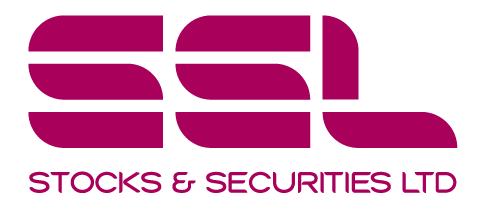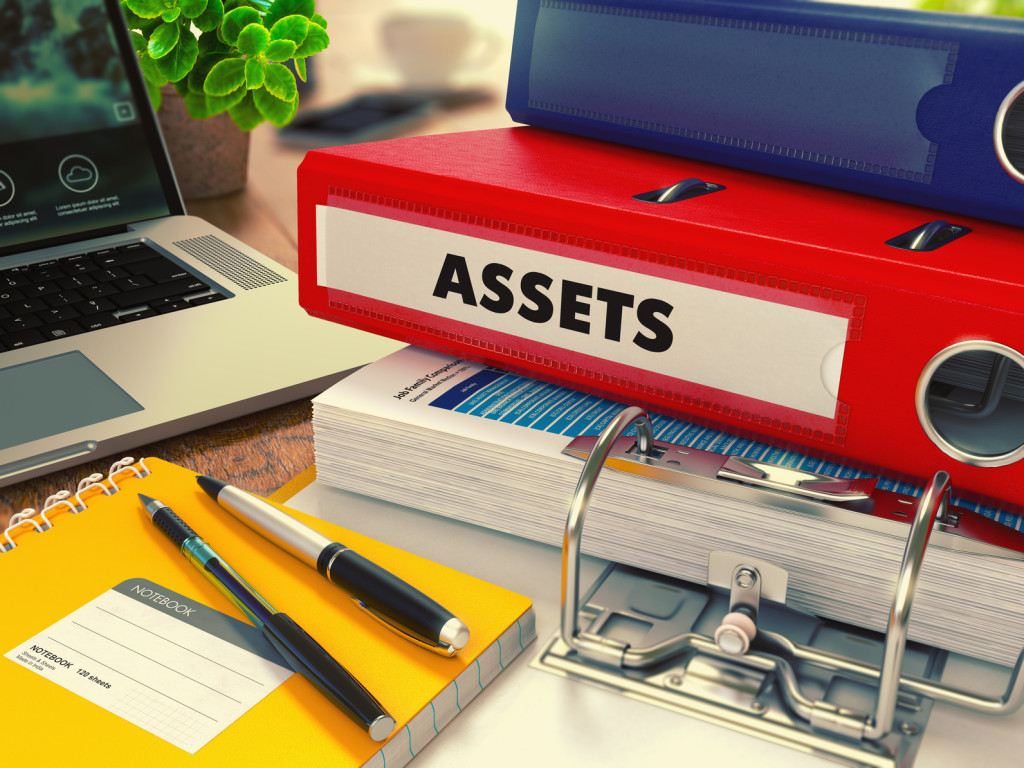An asset, whether a gold nugget or a working farm, can and should be compared to others when making purchasing or investing decisions.
This is known as opportunity cost.
By putting money to work for you in the most rational, fulfilling way, you can enjoy success earlier in life and with less risk.
Asset Type #1: Those That Generate High Returns On Capital
These are the second best investment because you can earn significant returns on very little money. The downfall is that you have to pay out all of the profits as dividends or reinvest in lower returning assets because the core operation can’t be expanded through organic capital additions.
Asset Type #2: Those That Appreciate Far Above the Rate of Inflation but Generate No Cash Flow
Think of a rare coin or excellent art collection.
If your great-grandparents owned a Rembrandt or a Monet, it’s going to be worth millions of dollars today versus a relatively small investment on their part. Despite this, over the years your family owned it, you wouldn’t have been able to use the appreciation in the asset to pay the rent or buy food unless you borrowed against it, suffering interest expense.
That is the reason these types of assets are often best left to those who can either:
A.) Afford to hold because they have substantial wealth and liquid assets elsewhere so that tying the money up in the investment is not a burden or hardship on the family.
B.) Those who have an intense passion for the underlying collection market and derive considerable pleasure from the art of collecting whatever it is they enjoy collecting.
I’d go so far as to say you should never collect anything about which you are not personally excited.
Asset Type #3: Those That are Stores of Value and Will Keep Pace With Inflation
Certain assets are intrinsically valuable enough that they can keep pace with inflation, assuming you bought them intelligently at the lowest price you can. While not true investments, they do provide a bulwark that can be used in dire emergencies such as a Great Depression.
A classic example of this sort of asset is high-quality furniture bought in the secondary market from antique dealers or at auction; it very well may end up not only retaining its value but beating bond yields over the holding period!
Asset Type #4: Stores of Value That Will Keep Pace With Inflation but Have Frictional Costs
This is where gold and real estate fall.
These assets classes might keep you rich, but they won’t make you rich unless you deploy massive amounts of leverage to amplify the underlying return on equity. In practical terms, that means if we were going to experience extreme inflation, it would be best to utilize leverage by either borrowing to purchase real estate or acquiring gold futures which has its drawbacks.
This is why you see a lot of wealthy families engage in something known as equity stripping (there are some asset protection reasons for doing it, but the economic returns are equally, if not far more, relevant, in my opinion).
Asset Type #5: Consumer Goods or Other Assets that Depreciate Rapidly with Little or No Resale Value
Without a doubt, when you look at the data and research, this is how most people spend their paycheck. From video game consoles to cars that lose tens of thousands of dollars the moment you drive them off the lot, new clothes to some new must-have gadget you’ll forget about in two years, this is what you find in the homes of most Americans.
Perhaps the quickest way to guarantee poverty or at least a paycheck-to-paycheck lifestyle is to purchase this asset with debt.
This is the reason lottery winners go broke.
This is the reason NFL, and NBA stars end up back in the poorhouse following eight and nine-figure career earnings.
This is the reason trust funds are exhausted.
Be very careful with the percentage of your cash flow you put to work in this category as it’s a sunk cost.
If you liked this article and want to read other great stories, try our Archives. Also if you are new to investing you can try our Investment Basics Blog.
If you want to start investing with SSL but don’t have the time to monitor the market or to conduct the trades yourself then you can choose one of SSL’s managed Financial Planning products. We offer a variety of products for every type of investor and if you are interested in managing online trades yourself and having complete control over your investment portfolio then you can try SSL’s Brokerage account.
Follow us on Facebook, LinkedIn and Twitter please leave us a review.


